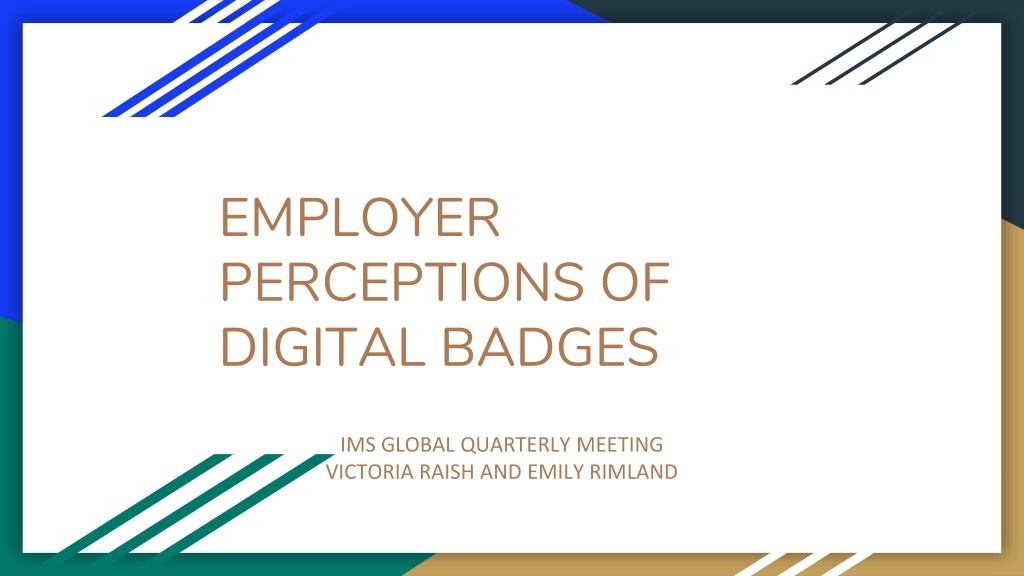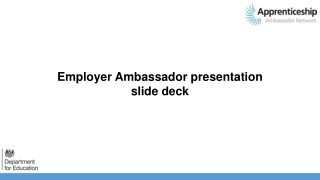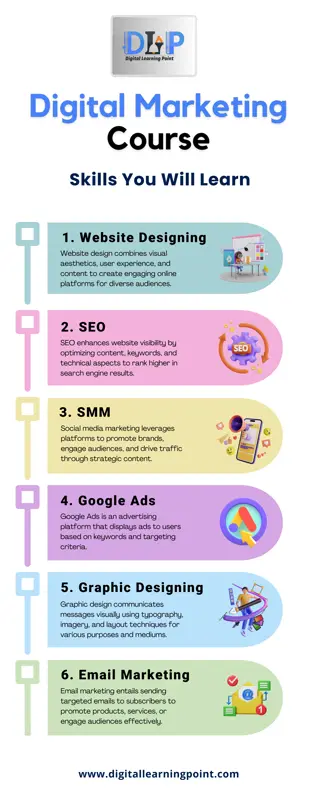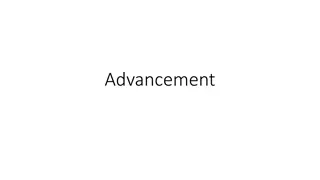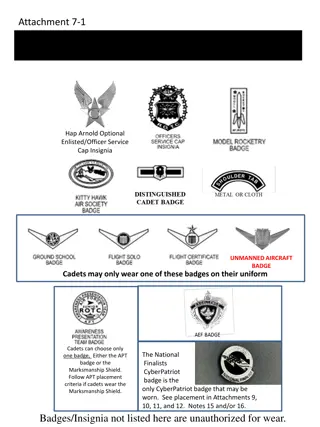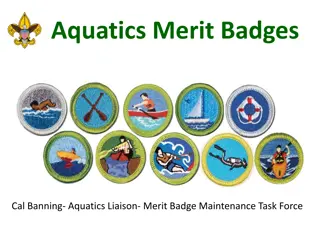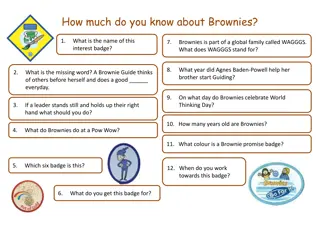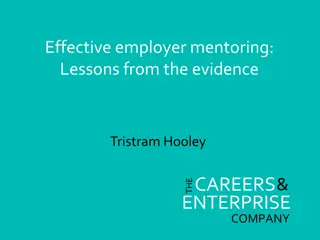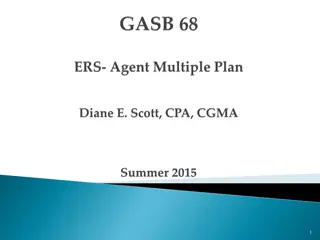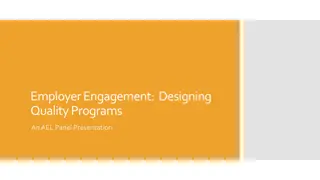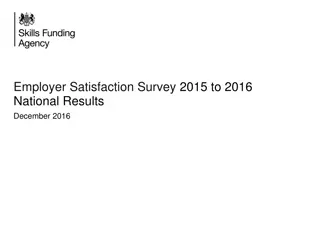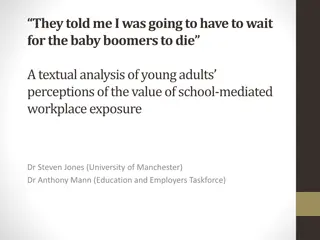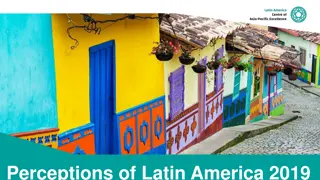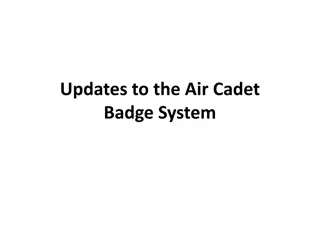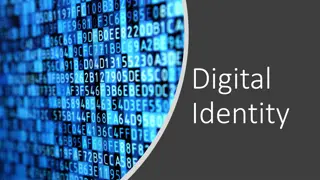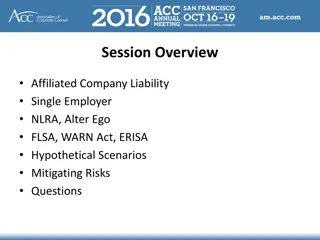Employer Perceptions of Digital Badges: Insights and Trends
Explore employer perceptions of digital badges and information literacy skills in recent college graduates across industries. Survey findings indicate a growing interest in digital badges for showcasing skills, with a focus on effective communication, problem-solving, and real-world application. Learn about the characteristics of recent college graduates, the value they bring, and the skills employers are looking for in the evolving job market.
Download Presentation

Please find below an Image/Link to download the presentation.
The content on the website is provided AS IS for your information and personal use only. It may not be sold, licensed, or shared on other websites without obtaining consent from the author. Download presentation by click this link. If you encounter any issues during the download, it is possible that the publisher has removed the file from their server.
E N D
Presentation Transcript
EMPLOYER PERCEPTIONS OF DIGITAL BADGES IMS GLOBAL QUARTERLY MEETING VICTORIA RAISH AND EMILY RIMLAND
PRESENTATION OBJECTIVES Inform community on employer perceptions of digital badges Explore the information literacy skills that employers are not seeing in recent college graduates Look for differences across industries regarding both badges and information literacy preparedness
Broad Strokes 114 HR employees of various industries completed surveys online. In a second survey we had 306 surveys. Most respondents represent private companies. The most common industry was professional services, followed by IT. Job openings receive 25-75 applications. Most employers expect to hire the same or more entry-level graduates in the next few years. (2015) Our full article at: https://doi.org/10.5860/crl.77.1.87 Employer Perceptions of Critical Information Literacy Skills and Digital Badges
Characteristics of Recent College Graduates What they have What they do not have Effective communication Ability to find patterns Ability to problem solve Apply knowledge to real-world contexts Job specific knowledge Ability to work with diverse perspectives Least Valued Experiences Most Valued Experiences Courses related to major E-portfolios Ability to demonstrate learning beyond the classroom Standardized test scores
Broad Strokes: Digital Badges All employers agree that a more specific representation of a student s skills would be helpful 33% interested in seeing students badges, 62% interested with more information Filtering tool would be very helpful Typical employer would look at 5 or fewer digital badges No differences across industries
Number of Badges to Evaluate
Keyword Filtering Tool
Badging Interest by Industry Manufacturing and IT most interested in badges at 54% and 66% Hospitality and leisure, retail, and logistics most unsure at 88%, 53%, and 54%, needing to learn more about badges prior to expressing interest
Literacy Skill Group Average Importan ce Likelihood of possession Critical thinking 5.3 Ability to solve problems on their own when there is an unclear outcome: 50% Ability to apply knowledge to real-world contexts: 29% Ability to find patterns and make connections: 18% Continuous/lifelong learning 5.2 A desire to learn new skills on the job: 49% Collaborative interaction 5.1 Ability to use collaborative skills to help solve problems: 50% Ability to learn how to work with people from diverse backgrounds: 29% Information ethics 5.1 Ability to identify and understand ethical information issues: 38% Finding and using information 4.8 Job-specific knowledge or training: 61%
Discussion and Contact Information Victoria Raish Emily Rimland Online Learning Librarian Information Literacy Librarian erimland@psu.edu victoria@psu.edu @gruenelf @raishvictoria
